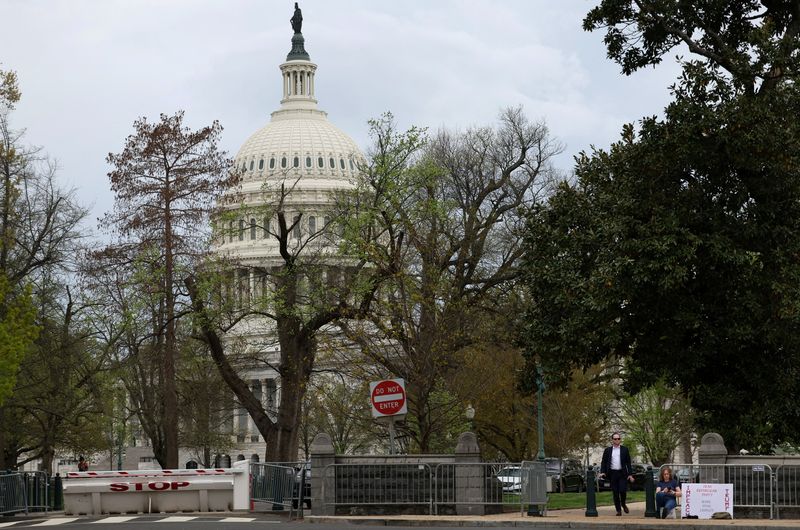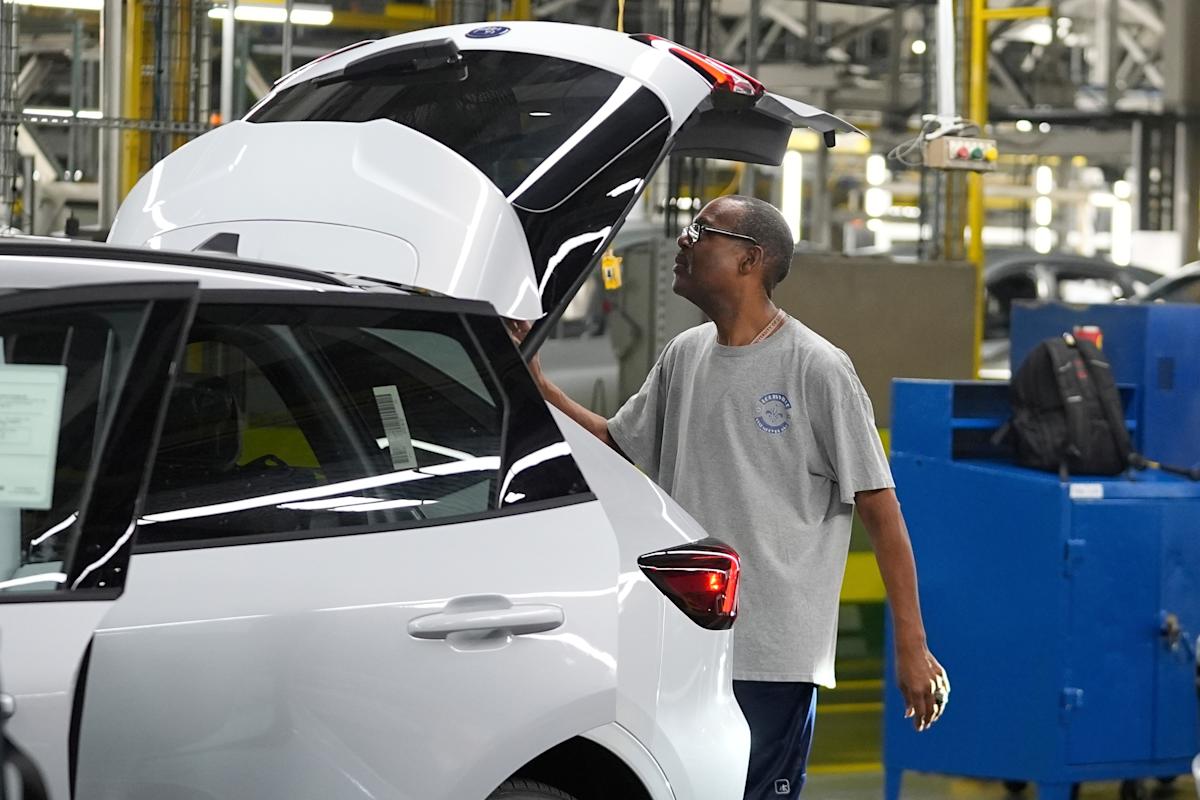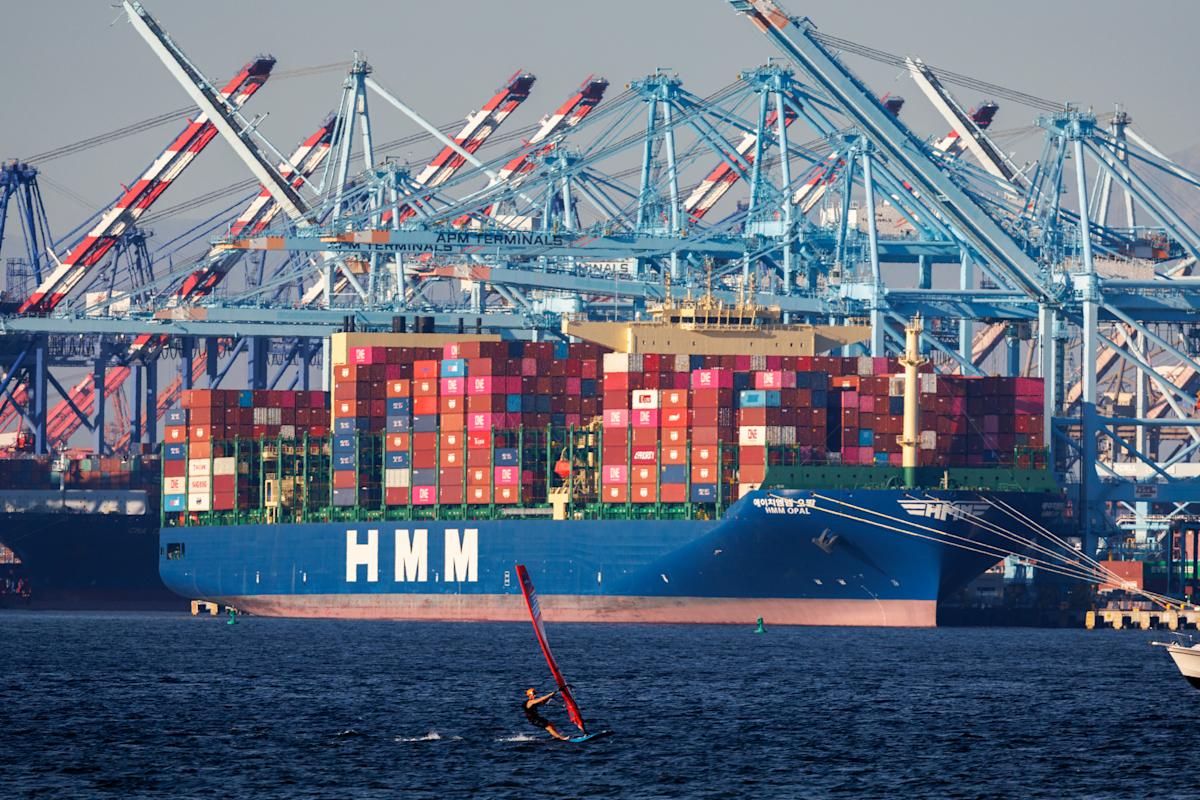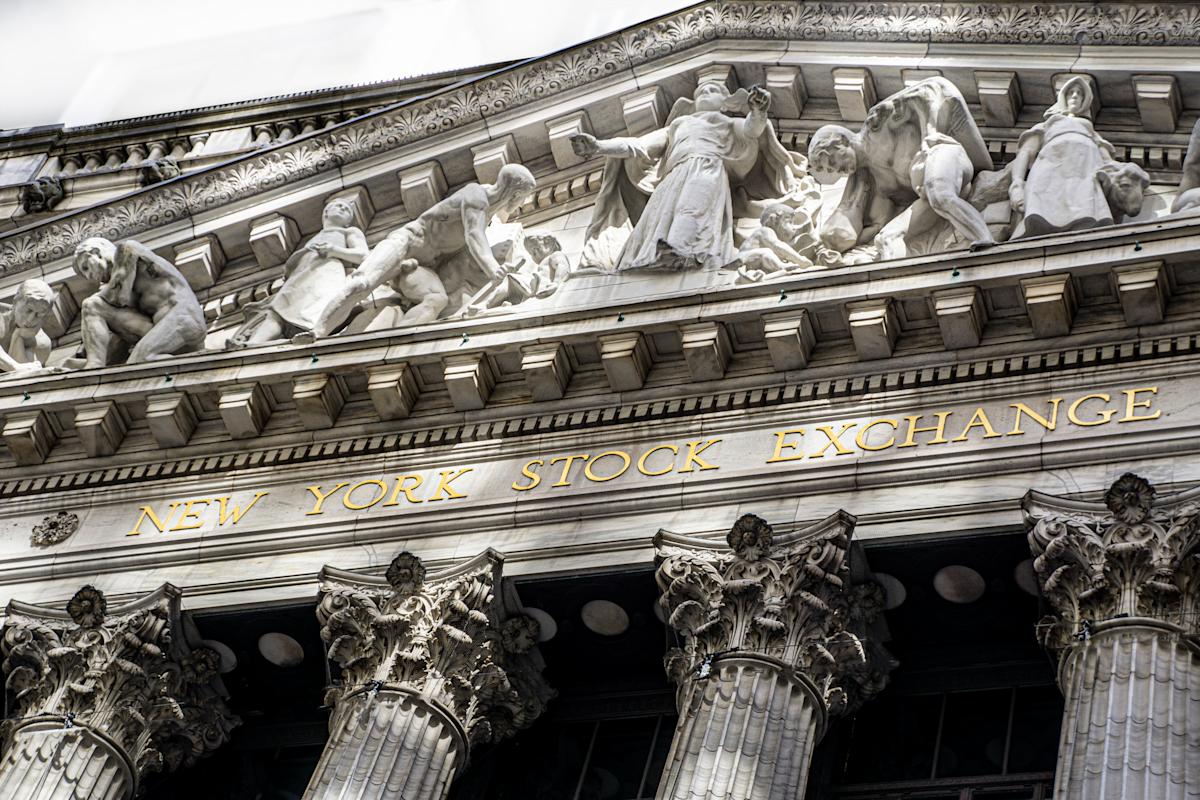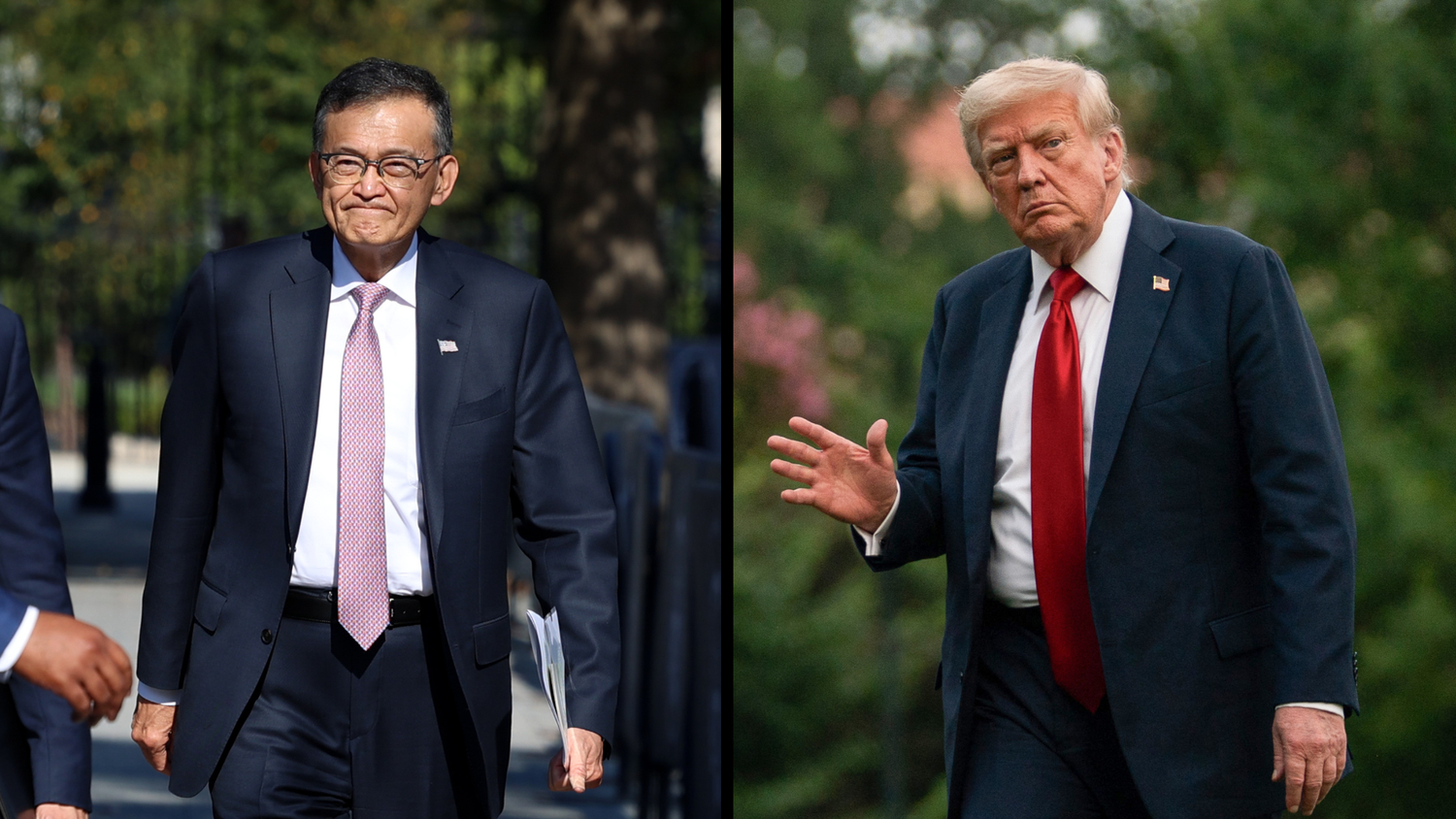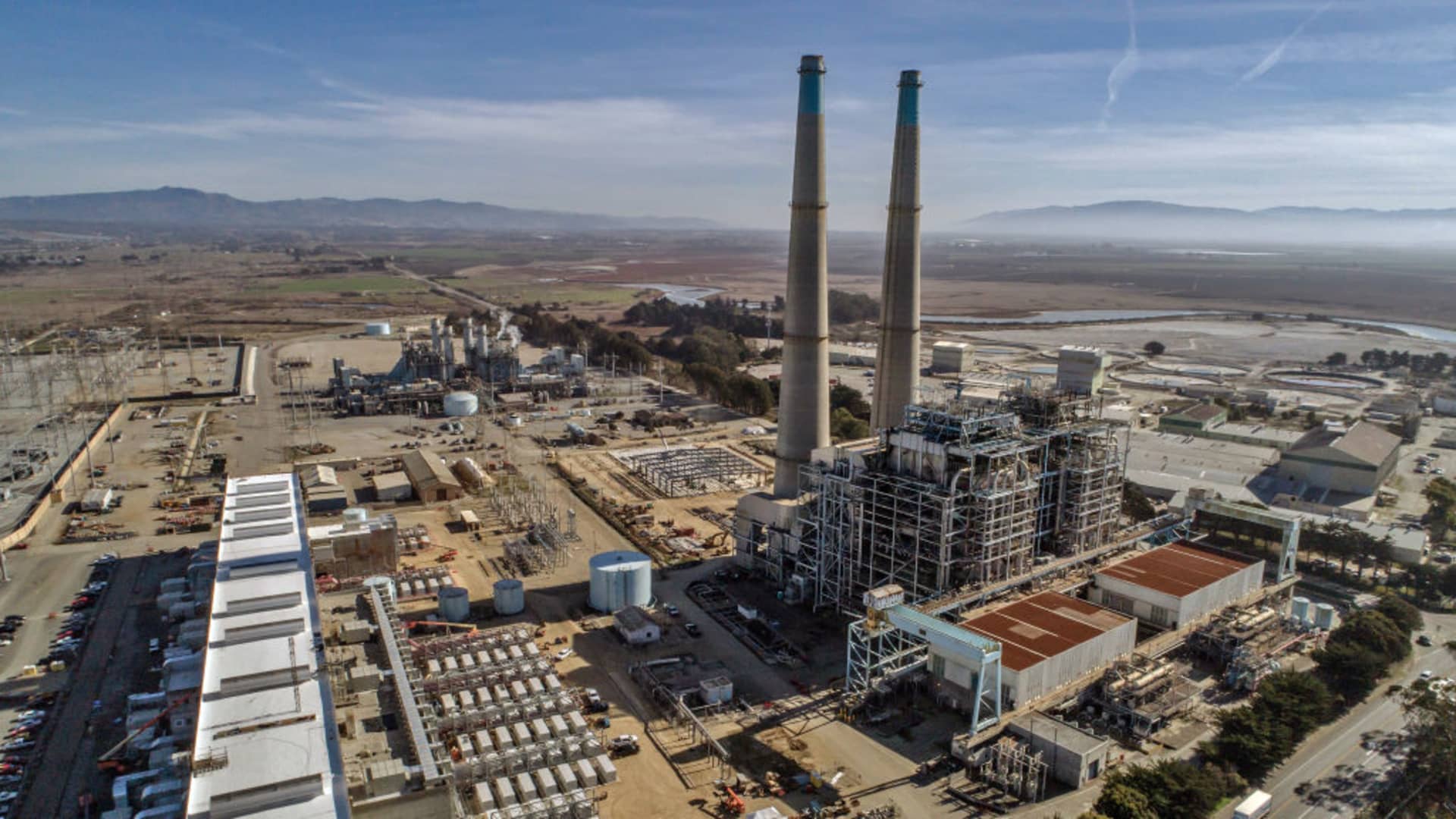Inflation Holds Steady as Core Inflation Climbs
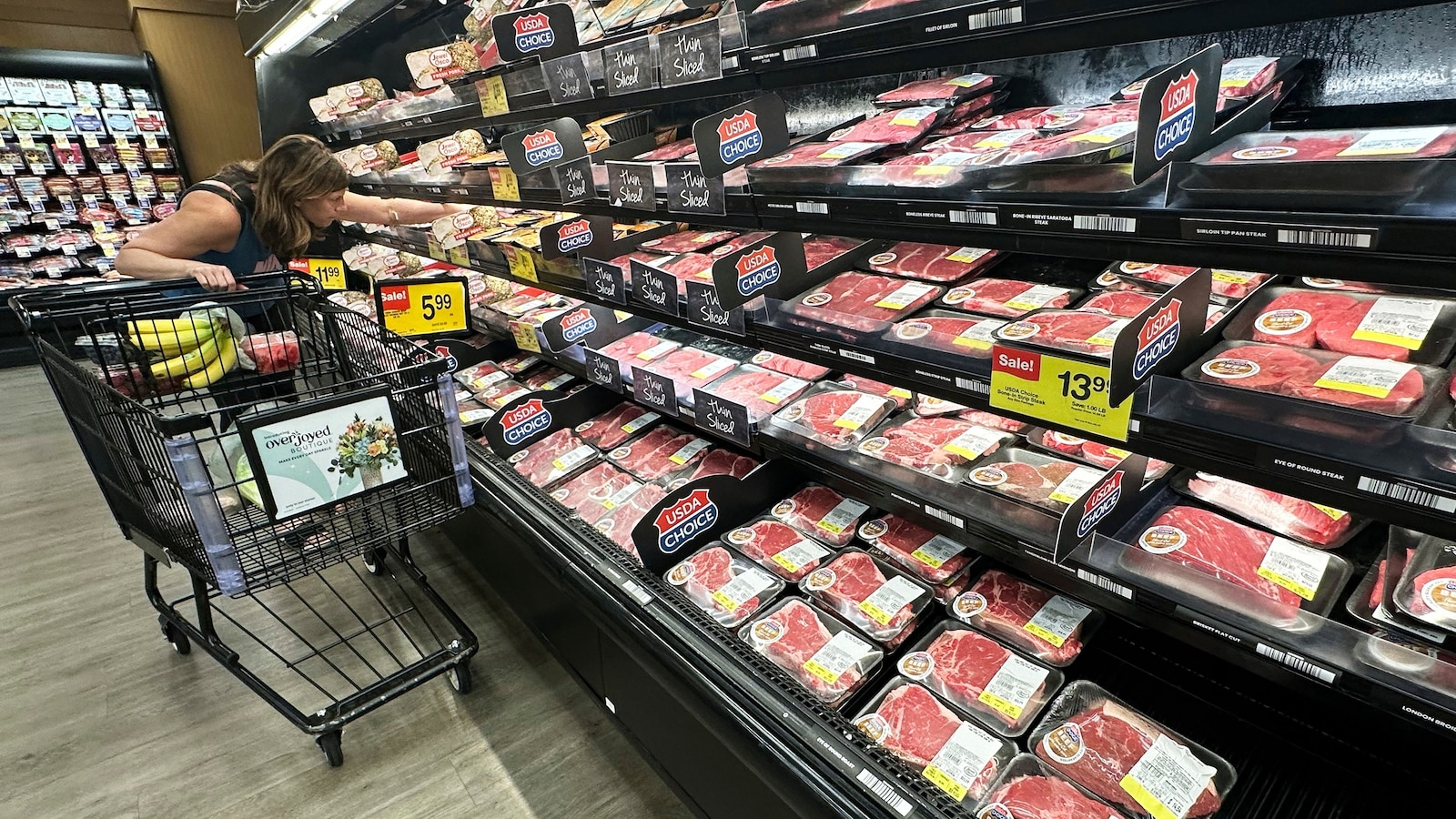
July Inflation Overview
Headline inflation held steady in July, rising 2.7% year-over-year, matching June's rate. The Bureau of Labor Statistics' Consumer Price Index (CPI) report highlighted the role of declining energy costs in moderating overall price pressures. Gas prices dropped 2.2% month-over-month, contributing significantly to the containment of headline inflation. Other energy prices also saw declines, offsetting increases in other categories. This stability in inflation metrics aligns with economists' expectations, providing some relief to consumers amid ongoing economic uncertainties.
Core Inflation Trends and Drivers
Core inflation, which excludes volatile food and energy prices, climbed to 3.1% on an annual basis, reaching its highest level in six months. On a monthly basis, core CPI increased by 0.3%, up from June's 0.2% gain. Key drivers of this uptick included a 0.8% rise in medical care costs, a 0.5% increase in transportation services, and a notable 4% jump in airfare prices. These categories reflect underlying pressures in essential services, even as goods inflation remained more subdued. The data suggests that while headline inflation remains stable, core inflationary pressures persist, warranting close monitoring by policymakers.
Tariff Impact and Economic Outlook
Despite concerns over the impact of tariffs on consumer prices, their effects have been relatively muted so far. Categories like new vehicles, apparel, and appliances, which are subject to higher import duties, saw minimal price changes in July. For example, new car prices remained flat, and appliance prices dropped 0.9% after a sharp increase in June. Analysts suggest that businesses are mitigating tariff costs through inventory stockpiling and strategic pricing adjustments.
The Federal Reserve faces a challenging landscape as it balances inflation control with signs of economic deceleration. Slower job growth and weaker GDP data point to potential risks of stagflation, where inflation persists amid economic stagnation. With the next Federal Open Market Committee meeting approaching, market expectations for a rate cut remain high, reflecting a cautious stance on economic resilience.
 Sources
Sources- Inflation Rose Expected July, 'Core' Inflation Stayed Hot
 investopedia
investopedia - Inflation holds steady, Trump’s tariffs boosting prices | CNN Business
 cnn
cnn - July Inflation Brings Mixed Bag Tariff Impact Remains Muted - Invesco DB USD Index Bullish Fund ETF
 benzinga
benzinga - inflation rises July, line expectations
 yahoo
yahoo
Top News
Related Articles
- Inflation Rose Expected July, 'Core' Inflation Stayed Hot
 investopedia
investopedia - Inflation holds steady, Trump’s tariffs boosting prices | CNN Business
 cnn
cnn - July Inflation Brings Mixed Bag Tariff Impact Remains Muted - Invesco DB USD Index Bullish Fund ETF
 benzinga
benzinga - inflation rises July, line expectations
 yahoo
yahoo
People Also Watch











